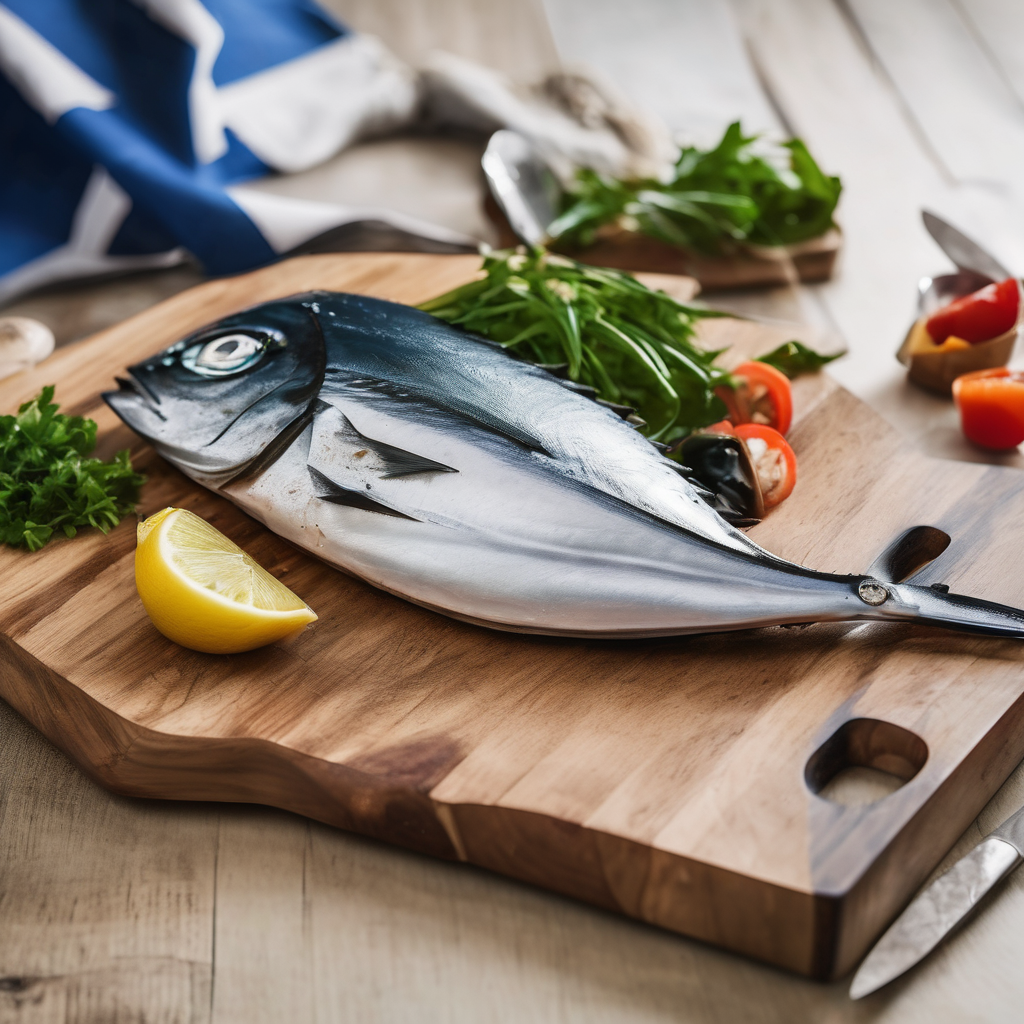The 9th Pacific Tuna Forum in Nadi, Fiji, highlighted the pressing challenges facing Pacific fisheries, driven by factors such as climate change, evolving market dynamics, and the ongoing threat of illegal, unreported, and unregulated (IUU) fishing. Fisheries and Marine Resources Minister Jelta Wong emphasized that Pacific Island nations are intensifying their efforts to utilize their fisheries for food security and sustainable development in line with the “2050 Strategy for the Blue Pacific Continent.”
Minister Wong recognized the immense potential the fisheries sector holds, while simultaneously acknowledging the significant challenges it faces. Climate change and shifting markets pose serious risks to the sustainability of fish stocks, threatening the economic viability of the entire region. He made a strong case for investing in local processing capabilities as a pivotal strategy to transform the industry and bolster economic stability.
Wong pointed out that local processing does not only enhance job creation but also fosters entire ancillary industries such as logistics, packaging, marketing, and transportation. This holistic approach enables local communities to take ownership of their fisheries and economic futures, instilling pride and empowerment. Furthermore, focusing on local processing serves as a critical defense against IUU fishing. By controlling the processing, Pacific nations can enforce better monitoring, enhance traceability, and promote transparency in their fisheries sector.
Recent discussions around fisheries in the region have underscored the vital connection between sustainable practices and economic resilience. Previously, it was reported that the tuna industry accounts for about 4 percent of Fiji’s GDP, illustrating its significance to the local economy. There has been a strong push for the ratification of international fishing conventions and compliance with labor standards, highlighting the urgent need for reform to ensure not only sustainable fishing practices but also the welfare of the workforce involved.
Collaborative efforts among Pacific nations have demonstrated success in combating IUU fishing and protecting tuna stocks, which are among the healthiest in the world. The Forum Fisheries Agency has reported a remarkable decrease in losses due to IUU fishing, and the fishing fleets now capture a greater percentage of the catch value from their waters than a decade ago.
The ongoing commitment to sustainable fisheries management and regional cooperation reflects hope for a brighter future in the Pacific. As nations work together to address common challenges, there remains an optimistic outlook for continued economic growth and ecological sustainability in the tuna industry, pivotal for the livelihoods of millions across the region.
